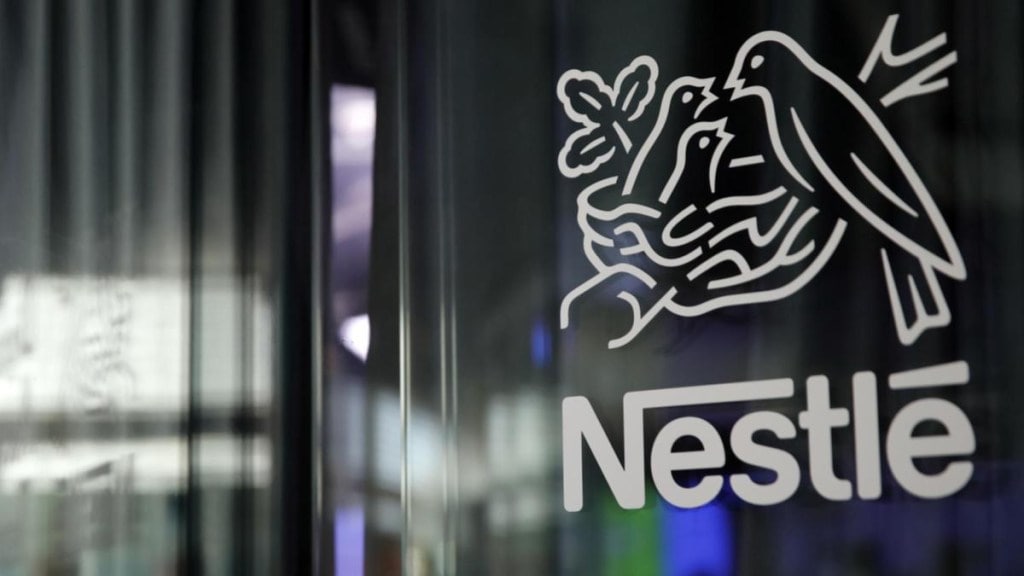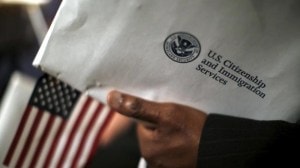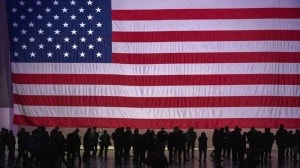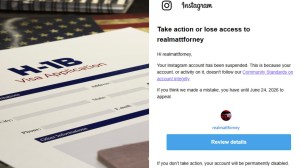A new report has revealed that World’s largest consumer goods and manufacturer of baby formula, Nestle, is adding sugar to infant milk and cereal products sold in India, and other Asian, and African countries.
According to a report by The Guardian, campaigners from Public Eye, a Swiss investigative organisation, sent samples of the Swiss multinational’s baby-food products sold in Asia, Africa and Latin America to a Belgian laboratory for testing. The team found added sugar in the form of sucrose or honey in samples of Nido which is a follow-up milk formula brand intended for use for infants aged one and above. The sugar content was also found in Cerelac, a cereal aimed at children aged between six months and two years.
Surprisingly, in Nestlé’s main European markets, including the UK, there is no added sugar in formulas for young children. Although products aimed at older toddlers contain added sugar, there is no sugar in products targeted at babies between six months and one year.
Obesity continues to be a major public health challenge across the world especially in low- and middle-income countries. According to the World Health Organization (WHO), in Africa, the number of overweight children under five has increased by nearly 23 percent since 2000. In India, 12.5 million children (7.3 million boys and 5.2 million girls), aged between five and 19, were grossly overweight in 2022, up from 0.4 million in 1990, as per a recent Lancet report. Globally, more than 1 billion people are living with obesity.
It is noteworthy that identifying healthy products is difficult for consumers based on nutritional information printed on the packaging alone. In most cases, food labels often include naturally occurring sugars in milk and fruit under the same heading as any added sugars.
In India, pediatricians strictly recommend not giving sugar till the infant turns two years old. Meanwhile, The Indian Council of Medical Research (ICMR) recommends not more than 5% – 7% of total energy coming from free sugar/added sugars for kids above 2 years.
The UK recommends that children under four avoid food with added sugars because of risks including weight gain and tooth decay. US government guidelines recommend avoiding foods and drinks with added sugars for those younger than two.
According to the report, data from Euromonitor International, a market-research company, revealed global retail sales of above $1bn (£800m) for Cerelac. The highest figures are in low- and middle-income countries, with 40% of sales just in Brazil and India.
The researchers found that biscuit-flavoured cereals for babies aged six months and older contained 6g of added sugar for every serving in Senegal and South Africa. The same product, sold in Switzerland, had no sugar. Tests on Cerelac products sold in India showed, on average, more than 2.7g of added sugar for every serving.
Dr Nigel Rollins, a medical officer at the WHO, said, as quoted by The Guardian, the findings represented “a double standard […] that can’t be justified”.







